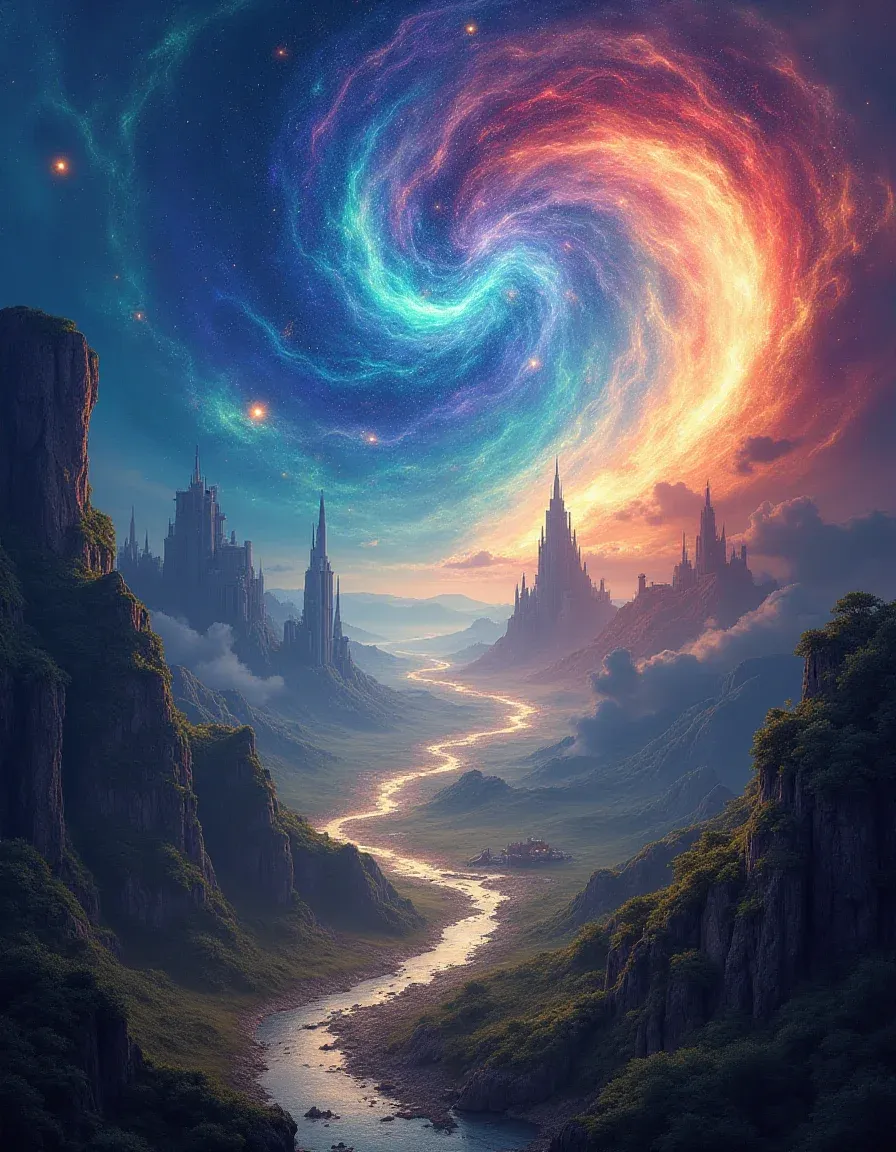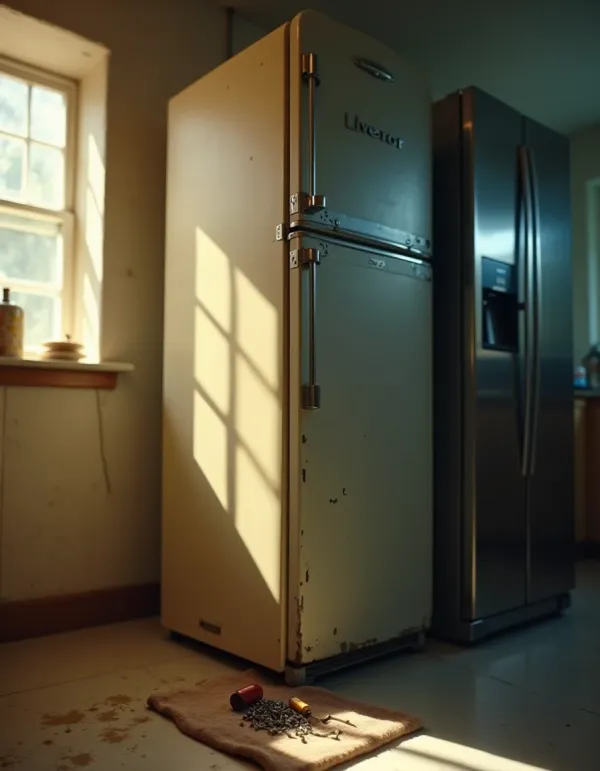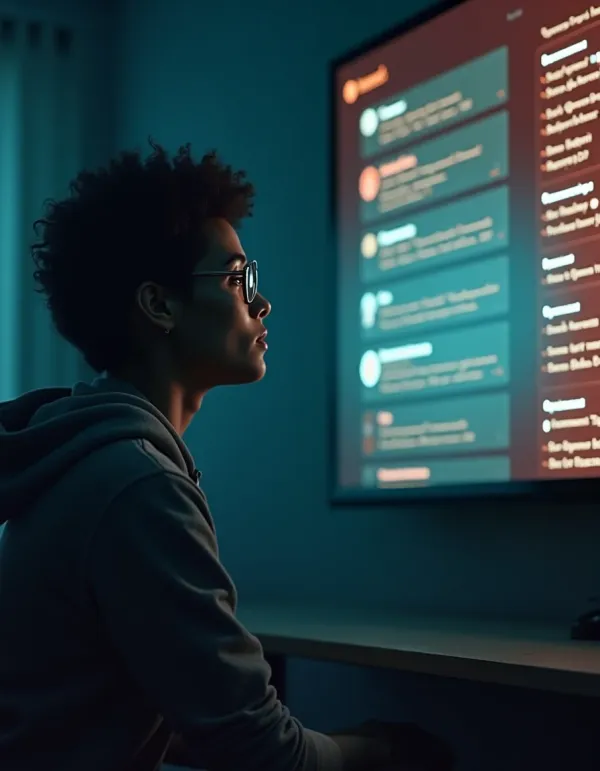Is the Multiverse Trope Losing Its Spark in Modern Media?
Is the multiverse trope wearing thin? Explore how it shapes storytelling and whether audiences are losing interest. Read on for expert insights!

The multiverse concept in media offers a fascinating lens through which to explore storytelling, offering alternate realities and dimensions that mirror or drastically differ from the ones we know. Yet, the question arises—are audiences growing tired of it?
The Overstuffed Multiverse
Some folks argue they've reached their multiverse saturation point, a sentiment echoed since the heyday of shows like 'Fringe'. They feel the multiverse often complicates narratives unnecessarily, stripping stories of consequence by making events reversible or insignificant. Much like waking up from a convoluted dream, it can leave one uninterested and disconnected.
Why Stakes Matter
A common gripe is how multiverse narratives can make death feel inconsequential. If a character can simply hop timelines, why care? It brings to mind that all-too-familiar plot twist of "it was just a dream," making real stakes feel like they’re slipping away.
"Anything that makes death not matter needs to stop. Death has to matter, or why care about the characters or story?"
Storytelling and Convenience
On the other hand, the multiverse can be a powerful plot device—when used thoughtfully. It requires central focus and narrative commitment, not merely a casual addition. Imagine a tale continuing as if global events like a cataclysm were just a sidebar—jarring, right?
Some argue that its popularity expanded beyond comic books when those narratives began seeping into mainstream media, films, and TV shows, offering easy story resets.
When It's Done Right
While some audiences see it as a narrative crutch, others highlight instances where it's executed masterfully. A standout example is 'Everything Everywhere All At Once,' which many regard as a deeply engaging take on the multiverse that resonated with viewers.
Curiously, the multiverse can serve as a mirror reflecting human curiosity about what could have been, but it requires nuanced handling to avoid feeling like plastic fruit: pretty, but ultimately unsatisfying. For now, it seems the multiverse is here to stay, albeit as a divisive feature in storytelling.
For those interested, you can explore more about the historical context and usage of the multiverse concept, particularly in DC Comics.




